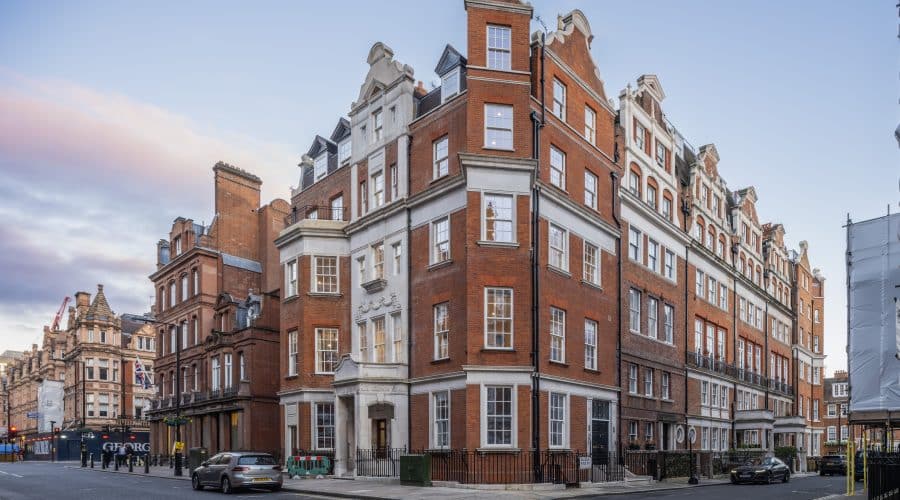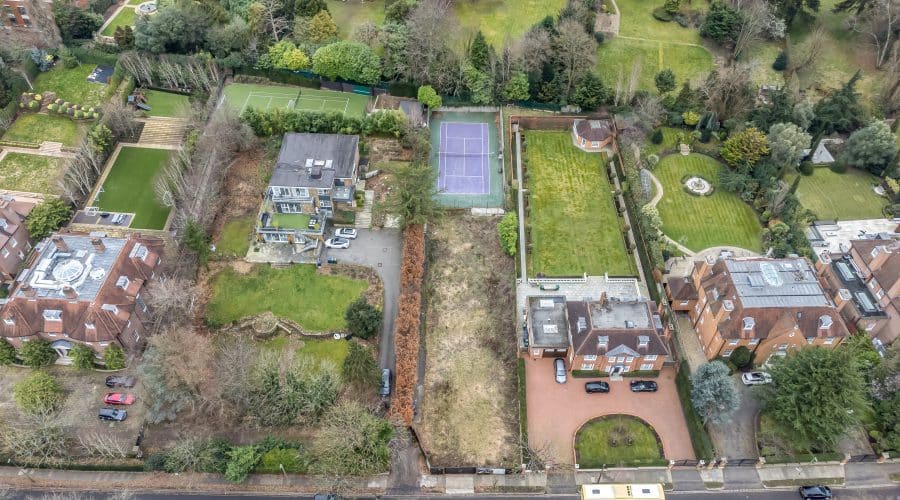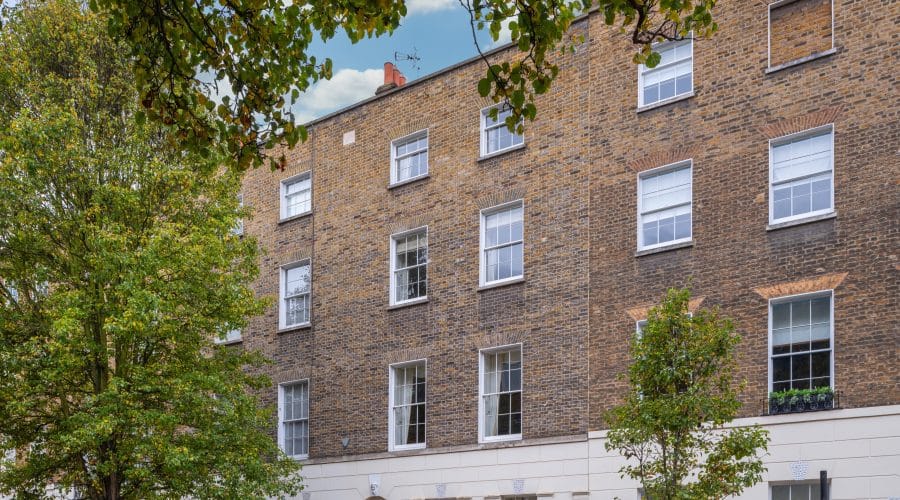By Alice Haine
Pent-up demand from the region will continue to fuel UK market, say analysts.
December 2014: Former UK chancellor of the Exchequer George Osborne reforms stamp duty land tax (SDLT), replacing the slab system with a blended rate scheme, with the top rate increasing to 12 per cent from 10 per cent:
Up to £125,000 – 0%; £125,000 to £250,000 – 2%; £250,000 to £925,000 – 5%; £925,000 to £1.5m: 10%; More than £1.5m – 12%
April 2016: New 3% surcharge applied to any buy-to-let properties or additional homes purchased.
July 2020: Chancellor Rishi Sunak unveils SDLT holiday, with no tax to pay on the first £500,000, with buyers saving up to £15,000.
March 2021: Mr Sunak extends the SDLT holiday at his March 3 budget until the end of June.
April 2021: 2% SDLT surcharge added to property transactions made by overseas buyers.
June 2021: SDLT holiday on transactions up to £500,000 expires on June 30.
July 2021: Tax break on transactions between £125,000 to £250,000 starts on July 1 and runs until September 30.
For buyers of UK property hoping to cash in on a government tax break, completing the transaction is a race against time.
The stamp duty land tax holiday in England and Northern Ireland, which was first unveiled by Chancellor of the Exchequer Rishi Sunak in July last year, allows the first £500,000 ($697,747) of a purchase to be exempt from the levy. Similar initiatives have been unveiled in Wales and Scotland.
Stamp duty extension: Should Sunak include overseas investors?
With the tax break ending on June 30, tapering down to £250,000 from July 1, there has been a surge in buyers seeking to complete their transactions before the deadline and bag a saving worth up to £15,000.
“We are hearing of conveyancing lawyers working through the night at the moment to try to meet the deadline,” Camilla Dell, managing partner at Black Brick, which helps Middle East investors purchase property in the UK, tells The National.
“However, not all will make it – there are just days to go until the stamp duty holiday ends and over 700,000 transactions going through the conveyancing process.”
While Middle East investors “have certainly benefited” from the tax bonus, Henry Faun, partner and head of Knight Frank’s Middle East private office, says its removal will not dent the “strong appetite for UK property“.
“The holiday has been positive for buyers but when it ends, we see the strong interest for UK property from the Middle East region continuing as normal,” he says.
Tax is already an issue for Middle East investors interested in UK property. The government bumped up the levy for non-resident investors by 2 per cent in April. This was on top of an existing 3 per cent for buying a rental property or second home.
Despite a further tax increase from June 30, Mr Faun says strong demand for UK property “will not be quelled”, with the main drivers for interest being the country’s consistent market, ease of language, a good education system and lifestyle.
One issue actually preventing transactions with Middle East buyers is the UK’s traffic light system for travel, with most countries in the region on the red list, meaning a 10-day hotel quarantine for anyone who intends to fly in to view property.
“There is significant pent-up demand across the Middle East for property in the UK and specifically London,” says Mr Faun.
“While we conduct digital viewings, live tours and 3D property walk-throughs, many clients prefer to travel and view the properties in person before committing to the purchase.”
Ms Dell says the end of the stamp duty holiday will have a negligible effect on the appetite of Middle East investors for UK property as many are unable to travel anywhere, due to them being in red-list countries.
Camilla Dell of Black Brick says a £15,000 saving does not make a huge difference to a Middle East buyer “spending many millions on UK real estate”. Courtesy Black Brick
Those proceeding with deals at the higher end of the spectrum will also be unfazed.
“I do not think a £15,000 saving makes a huge amount of difference to a Middle East buyer spending many millions on UK real estate. They tend to be more concerned about other taxes such as inheritance tax, capital gains tax and, of course, currency rates,” says Ms Dell.
However, the stamp duty deadline is much more of an issue for buyers in the UK rushing to complete deals before the deadline.
Some are resorting to extreme measures to ensure they complete in time, such as cutting corners on essential surveys for flood threats or subsidence.
About 50,000 buyers are at risk of missing the deadline, according to property website Zoopla.
Meanwhile, demand for removal vans has increased by 200 per cent before the deadline, compared to the same time last year, according to website AnyVan. Some buyers are putting possessions in temporary storage as the cost of moving home doubles.
Conveyancers have also raised fees to cope with the surge in demand.
“One thing is abundantly clear: the stamp duty holiday has had a material effect on England’s housing market,” Danni Hewson, A J Bell financial analyst, tells The National.
“Figures from the Office for National Statistics show a record number of transactions across the UK in March as people in England raced to beat the original deadline.”
Mr Sunak introduced the stamp duty holiday in July last year to help bolster the property sector as the UK’s wider economy was hit by the economic fallout of the Covid-19 crisis.
The tax saving and pent-up demand for property sent the market soaring, with property prices rising by 8.5 per cent last year.
The original March 30 deadline for the end of the tax break was extended by Mr Sunak in his latest budget statement to prevent the market from falling off a cliff as the country was still under tight Covid-19 curbs at the time.
In May, prices surged to a high of £261,743 on average, according to the Halifax House Price Index, up 9.5 per cent from the same month a year earlier and equal to £22,000 over 12 months.
With buyers “on a clock once again”, house prices are “on fire”, with more records set to be broken as the June deadline approaches, says Ms Hewson.
The end of the full stamp duty holiday is unlikely to halt momentum either, she says, because the scheme is tapered so that people “snapping up property between £125,000 and £250,000 will still save cash until the end of September”.














